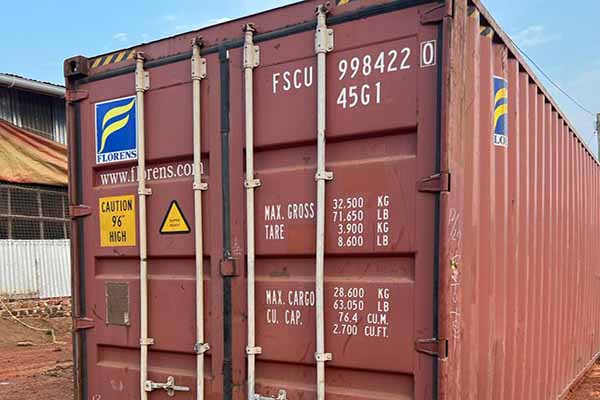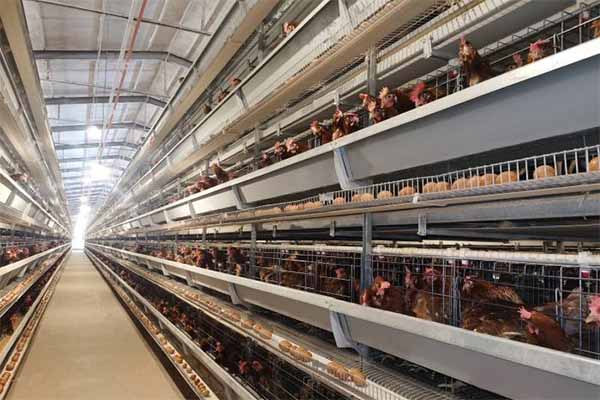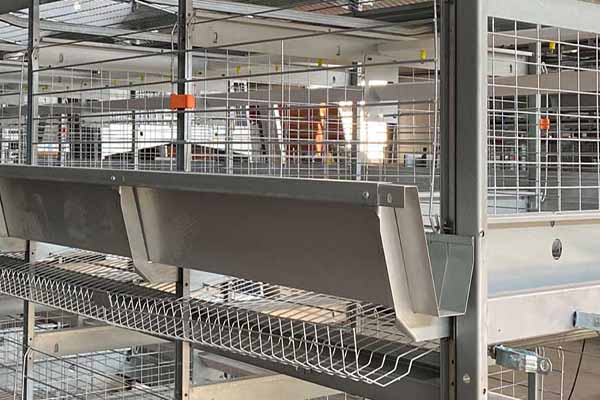Efficient Broiler Cage Waste Management Systems: A Comprehensive Guide for Chicken Farm Owners and Investors
Managing broiler cage waste is a critical aspect of maintaining a profitable and environmentally friendly chicken farming operation. This article delves into the intricacies of waste management systems designed specifically for broiler cages, offering insights for both chicken farm owners and investors. Let’s explore the key elements of effective broiler cage waste management systems.
Understanding Broiler Cage Waste
Broiler cage waste consists primarily of excreta and bedding material. The volume of waste produced by broiler chickens can be substantial, making proper waste management essential. According to recent studies, a broiler chicken can produce up to 1.5 kg of manure and 2.5 kg of bedding material per month.
Waste Management Systems: Types and Benefits
Several waste management systems are available for broiler cage operations. Each system has its own set of benefits, depending on the scale of the farm and specific operational needs.
-
Manual Removal
Manual removal of waste is the most common method, often used on smaller farms. While it is cost-effective, it requires significant labor and time, which can be a constraint on larger operations.
-
Automatic Scrapers
Automatic scrapers are designed for larger farms, removing waste efficiently and reducing labor requirements. Studies have shown that automatic scrapers can save up to 70% of labor costs compared to manual methods.
-
Composting Facilities
Composting facilities can convert broiler cage waste into valuable organic matter. This process not only reduces waste but also produces a nutrient-rich material that can be used as fertilizer. A study from the University of Arkansas indicated that properly managed composting can reduce the waste volume by up to 90%.
-
Waste Digestion Plants
Waste digestion plants use anaerobic digestion to convert waste into biogas, which can be used for energy production. This method is highly efficient in terms of waste reduction and energy recovery. A typical waste digestion plant can produce around 500-700 cubic meters of biogas per ton of waste.

Implementing a Waste Management System
When selecting a waste management system for your broiler cage operation, consider the following factors:

- Scale of the farm
- Operational budget
- Space availability
- Environmental regulations
- Long-term sustainability
Conclusion
Effective broiler cage waste management systems are vital for the success of any chicken farming business. By understanding the different types of systems available and their respective benefits, farm owners and investors can make informe d decisions to improve operational efficiency and environmental responsibility.
d decisions to improve operational efficiency and environmental responsibility.
For a detailed analysis of your broiler cage waste management needs, contact LIVI Mechanical today. Our team of experts is ready to provide you with a free chicken farming design plan and equipment quotation.




